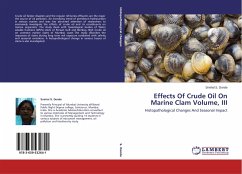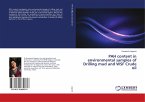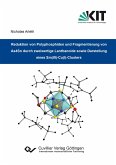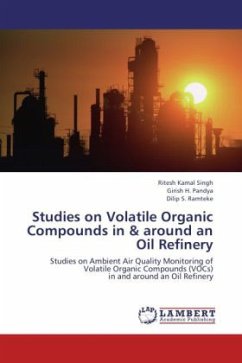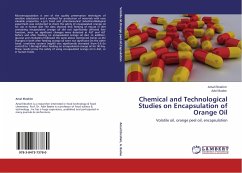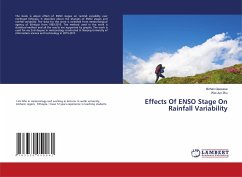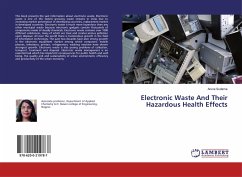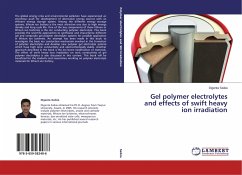Crude oil Tanker disasters and the regular refineries effluents are the major the source of oil pollution. An increasing trend of petroleum hydrocarbon in various oceans and seas has attracted attention of researchers to extensively investigate the effects of crude oil and its constituents on marine organisms. The study deals with toxicological studies of Water soluble fractions (WSFs) stock of Persian Gulf and Bombay High Crude oil on common marine clams of Mumbai coast. The study describes the responses of clams during long term wsf exposure combined with salinity and seasonal variations. A histopathological change in various tissues of clams is also investigated.
Bitte wählen Sie Ihr Anliegen aus.
Rechnungen
Retourenschein anfordern
Bestellstatus
Storno

